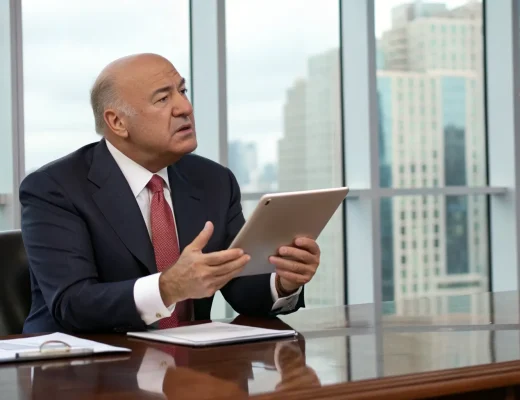Southwest Airlines has adopted a “poison pill” plan to prevent activist investor Elliott Investment Management from gaining more control over the company. The plan, officially called a “limited-duration shareholder rights plan,” is effective immediately and will expire in one year unless extended with shareholder approval. Under the plan, if any person or group acquires 12.5% or more of Southwest’s outstanding common stock, existing shareholders will be able to purchase additional shares at a 50% discount.
This would dilute the stake of the potential acquirer, making it more difficult and costly for them to gain control of the company. Elliott currently holds about 11% of Southwest shares and has been pushing for significant changes in the company’s leadership and strategy. The firm believes its plan could boost Southwest stock to $49 per share within 12 months, a 77% return.
Southwest’s board enacted the plan in response to growing pressure from Elliott and concerns over the firm’s potential to significantly increase its voting power.
Southwest protects from activist intervention
“In light of the potential for Elliott to significantly increase its position in Southwest Airlines, the board determined that adopting the Rights Plan is prudent to fulfill its fiduciary duties to all shareholders,” said Gary Kelly, executive chairman of the board.
Southwest CEO Bob Jordan has expressed confidence in the current management team and plans to present a strategy to improve the airline’s financial performance in September. Despite the ongoing turmoil, Southwest shares rose slightly following the announcement of the poison pill plan. The airline has been grappling with challenges including an oversupplied domestic market and delays in new plane deliveries.
Even before Elliott’s investment, Southwest was under pressure to increase revenue and has been exploring changes to its business model, such as potentially adding seating assignments and premium seating. Elliott Management has a history of mounting successful activist campaigns and is one of the most successful hedge funds globally, with assets surpassing $65 billion. The firm did not immediately respond to a request for comment on Southwest’s poison pill plan.







